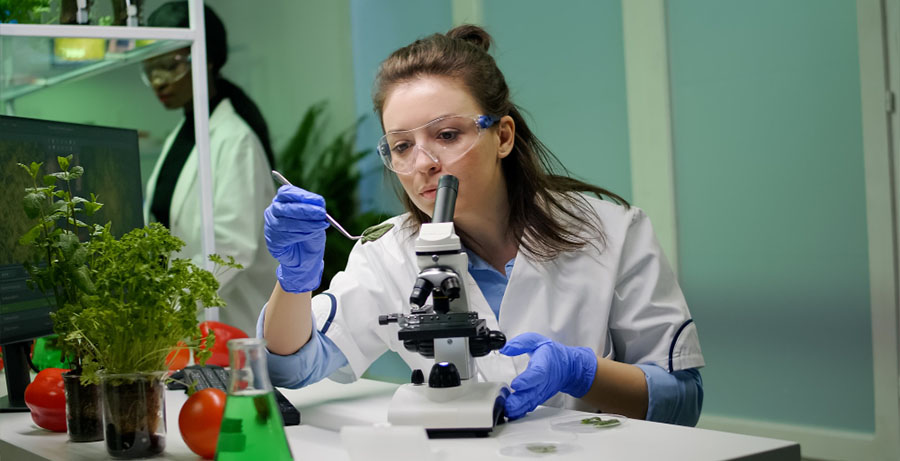
History and Evolution of Biotechnology
History and Evolution of Biotechnology
Biotechnology is a field that has transformed human civilization by applying biological principles to create innovative solutions across various industries. Its history spans thousands of years, evolving from traditional practices to cutting-edge genetic engineering. Understanding the journey of biotechnology helps us appreciate its significance and future potential.
Early Beginnings: Traditional Biotechnology
The origins of biotechnology can be traced back to ancient civilizations that utilized biological processes for practical applications. Some key historical milestones include:
- Ancient Fermentation (circa 7000 BC) – Early humans used microorganisms to ferment foods and beverages like bread, beer, and wine.
- Selective Breeding (circa 8000 BC) – Farmers and breeders selectively cultivated plants and animals to improve desirable traits.
- Cheese and Yogurt Production (circa 3000 BC) – Microbial activity was harnessed to produce dairy products with enhanced shelf life and flavor.
The Advent of Modern Biotechnology
The 19th and early 20th centuries marked significant scientific advancements that laid the foundation for modern biotechnology. Key breakthroughs include:
- Louis Pasteur’s Work on Microbiology (19th Century) – Demonstrated the role of microbes in fermentation and disease prevention.
- Gregor Mendel’s Genetic Principles (1866) – Established the basic laws of heredity, forming the basis of genetics.
- Discovery of DNA (1953) – James Watson and Francis Crick unraveled the double-helix structure of DNA, revolutionizing genetic research.
The Rise of Genetic Engineering and Biotech Industry
The latter half of the 20th century saw rapid advancements in genetic engineering and industrial biotechnology:
- Recombinant DNA Technology (1970s) – Scientists developed methods to manipulate DNA, leading to the creation of genetically modified organisms (GMOs).
- Biopharmaceuticals (1980s) – The production of synthetic insulin and monoclonal antibodies transformed medicine.
- The Human Genome Project (1990-2003) – Mapped the entire human genome, paving the way for personalized medicine and gene therapy.
21st Century Innovations and Future Prospects
Biotechnology continues to evolve, with cutting-edge developments shaping the future of healthcare, agriculture, and environmental sustainability:
- CRISPR Gene Editing – Allows precise modifications to DNA, holding promise for treating genetic disorders.
- Synthetic Biology – Engineers biological systems to create new functionalities, from biofuels to lab-grown meat.
- AI and Biotechnology Integration – Artificial intelligence accelerates drug discovery, disease diagnosis, and genetic research.
Conclusion
The history of biotechnology is a testament to human ingenuity and scientific progress. From ancient fermentation to modern gene editing, biotechnology has played a pivotal role in shaping civilization. As research continues to push boundaries, biotechnology will remain at the forefront of solving global challenges and improving lives.
Are you fascinated by biotechnology’s evolution? Share your thoughts in the comments below!













